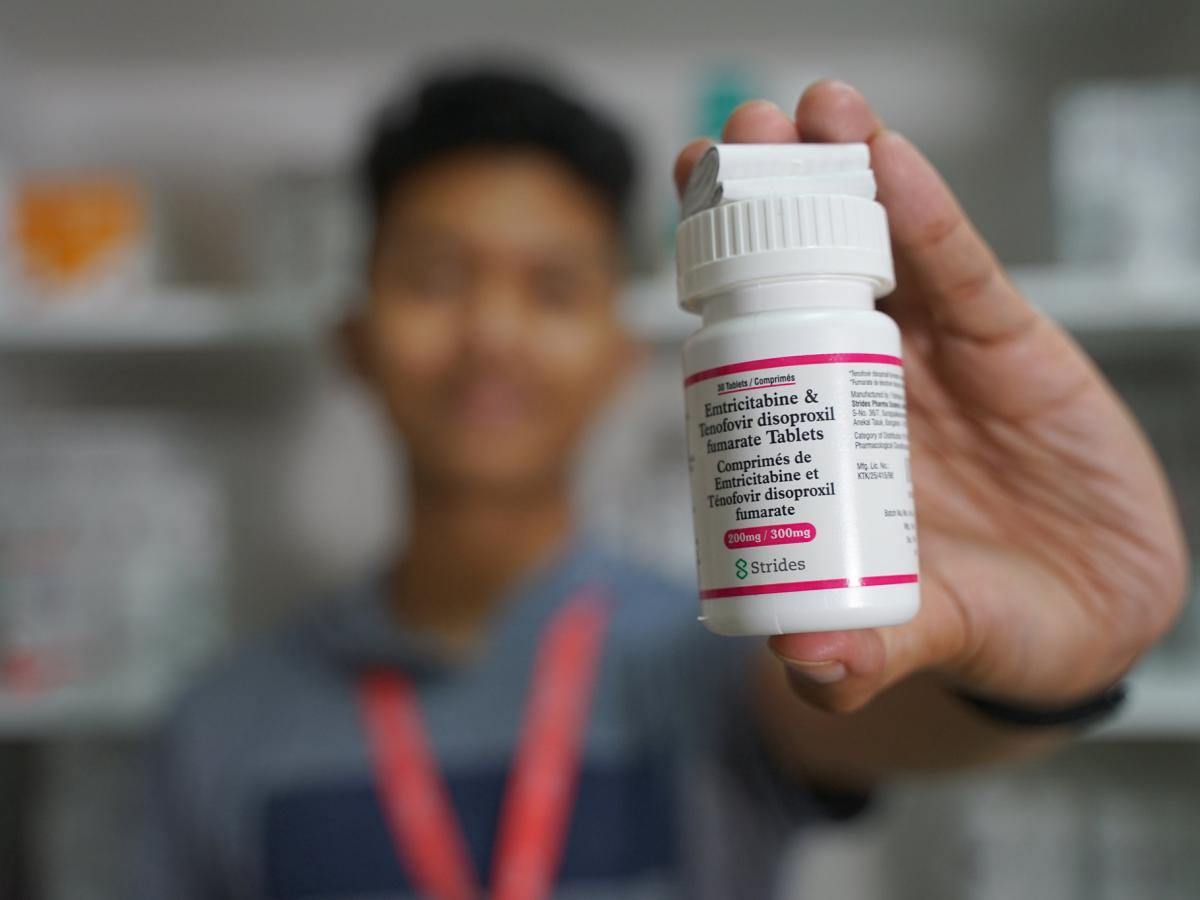Context
Health security is a global priority, particularly when infectious diseases know no borders. The United States and Indonesia collaborate to strengthen health systems and increase Indonesia’s self-reliance in preventing, detecting, and responding to global health challenges.
USAID strengthens Indonesia’s ability to plan, finance, and implement priority public health initiatives; increase the application of international standards of care; improve the supply and quality of available medicines; and ensure a functioning, affordable health insurance system. USAID also expands Indonesia’s self-reliance in controlling infectious diseases, such as tuberculosis, HIV/AIDS, and COVID-19. These joint efforts increase security and prosperity while preventing suffering, saving lives, and brightening the future for Indonesian families.
Meeting Targets and Maintaining Epidemic Control (EPIC)
Implemented by FHI 360, EpiC is a five-year, global project funded by the President’s Emergency Plan for AIDS Relief (PEPFAR) and USAID. EpiC is designed to break through the remaining, persistent barriers to HIV epidemic control and promote self-reliant management of national HIV programs by delivering efficient, affordable, results-based technical assistance and direct service delivery.
EpiC works across 13 districts in DKI Jakarta, Banten, and West Java provinces to improve access to HIV services, accelerate HIV treatment coverage, reach Indonesia’s provincial HIV/AIDS control targets, and strengthen HIV systems at the national and sub-national.
Results
To date, EpiC has achieved the following results:
- Accelerated pre-exposure prophylaxis (PrEP) services at 21 public clinics in Greater Jakarta;
- Provided 93.3 percent of newly diagnosed people living with HIV (PLHIV) in Greater Jakarta with antiretroviral treatment (ART), with the Tenofovir Lamivudine Dolutegravir (TLD) treatment regimen;
- Increased TLD provision to newly-treated PLHIV in Greater Jakarta, from 60.2 percent in 2022 to 79.5 percent in 2023;
- Formalized a private sector partnership between the Jakarta Provincial Health Office, Good Doctor/Grab Health, and 12 community health clinics to provide home-based antiretroviral services for eligible PLHIV through Good Doctor’s telemedicine platform; and
- Achieved 80.3 percent of eligible PLHIV in Greater Jakarta utilizing viral load testing, with 94.3 percent of individuals tested achieving viral suppression.
Contact
Tetty Rachmawati, USAID at trachmawati@usaid.gov
Caroline Francis, FHI 360 at CFrancis@fhi360.org


